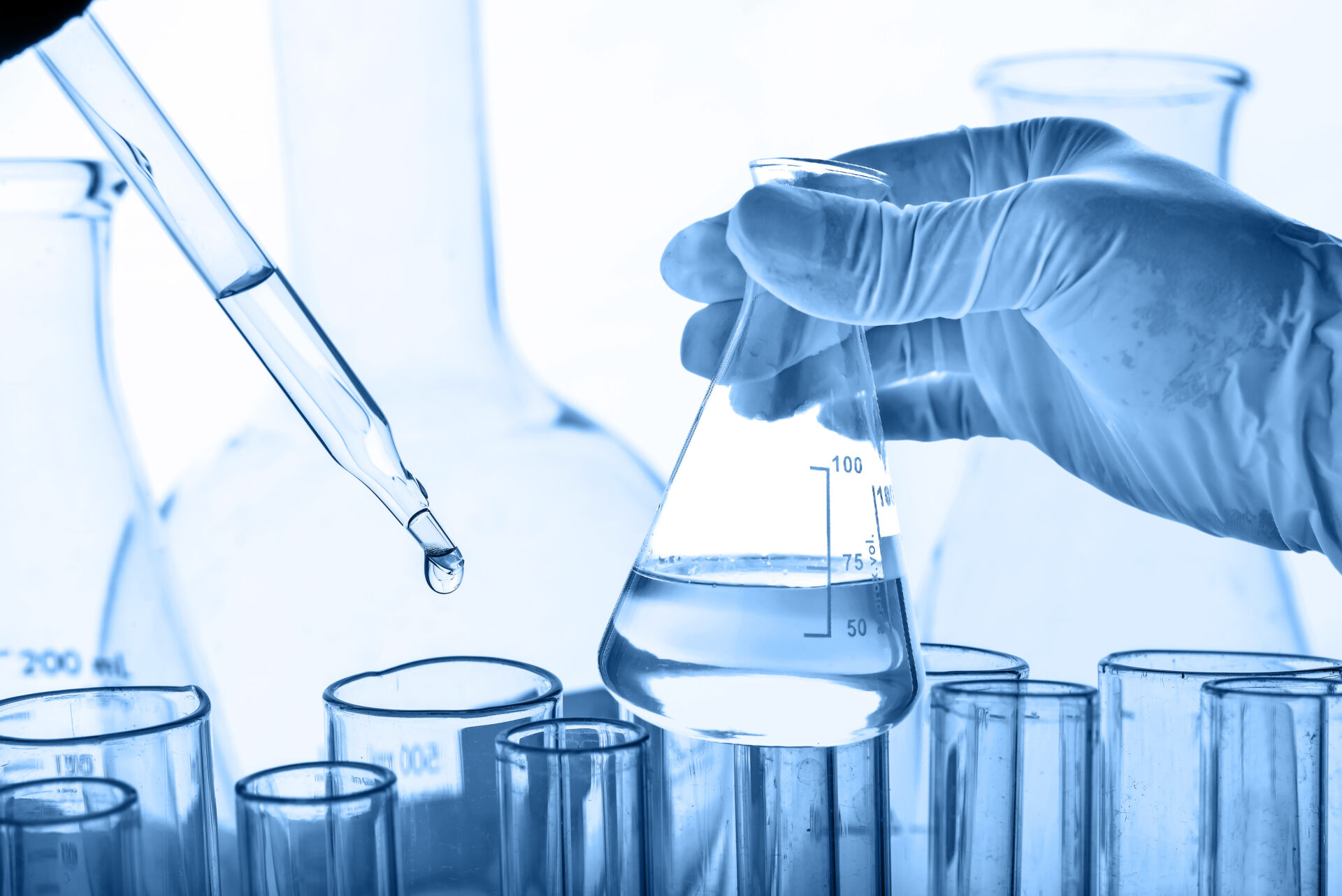Water hardness or hardness in water is a measure of the amount of calcium and magnesium in the water. The more calcium and magnesium the water contains, the harder the water. Water hardness is usually expressed in milligrams per litre (mg/L) or in ppm (parts per million). But other units of measurement are very often used. Many countries are using different national units of measurement for hardness: French degrees, German degrees, Russian degrees, English degrees, American grains… This means that hardness in water always has been an issue; without any doubt the most important one in the water treatment business.
- 1 French degree (°fH or °f) is defined as 10mg/L CaCO3, equivalent to 10 ppm
- 1 German degree (°dH) is defined as 10 mg/L CaO, equivalent to 17.8 ppm
Learn to convert from ppm to French degree and to German degree and also the other way around. Try to remember why you need to multiply by 1.78 to go from German degrees to French degrees. If you see a water hardness, always look carefully to the unit of measurement. 50 ppm is completely different than 50 French degrees.
You can measure the hardness of the water with test strips, with hardness test kits or with other instruments like photometers and digital titrators.
10 ppm = 1 °fH = 0.56 °dH
1 °dH = 1.78 °fH = 17.8 ppm
From German to French degrees:
Multiply by 1.78






